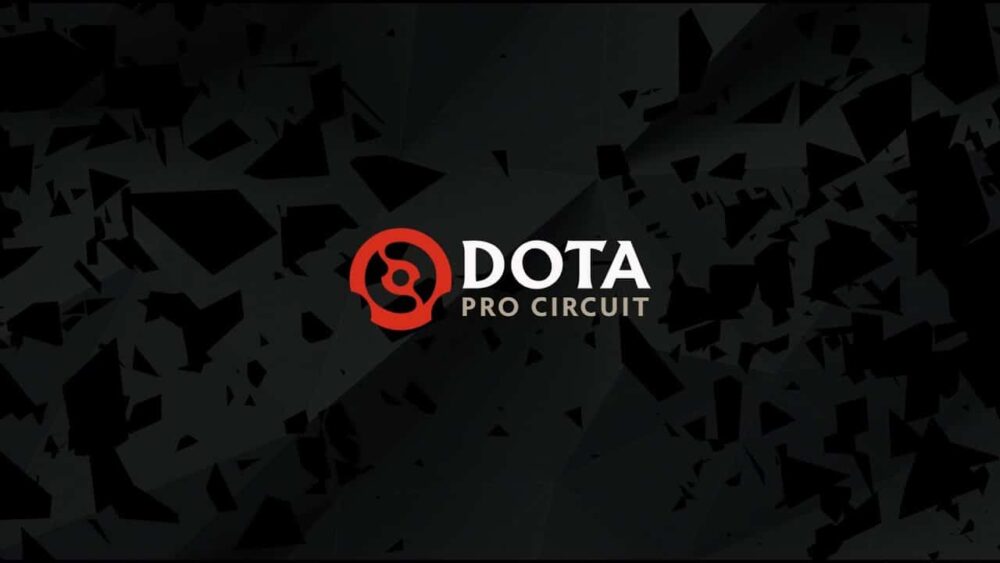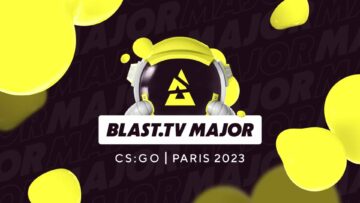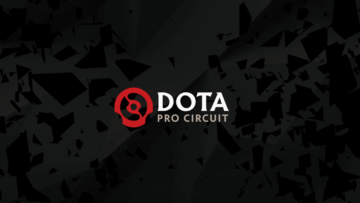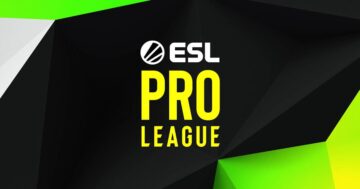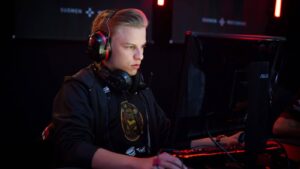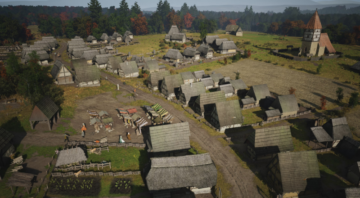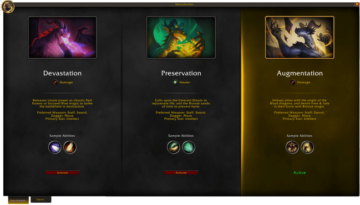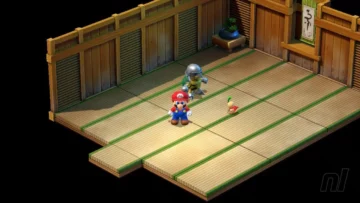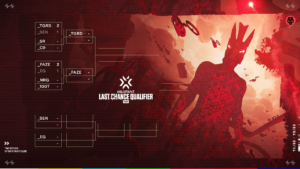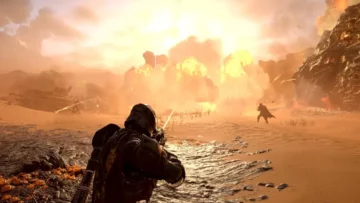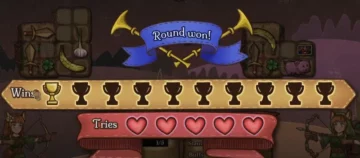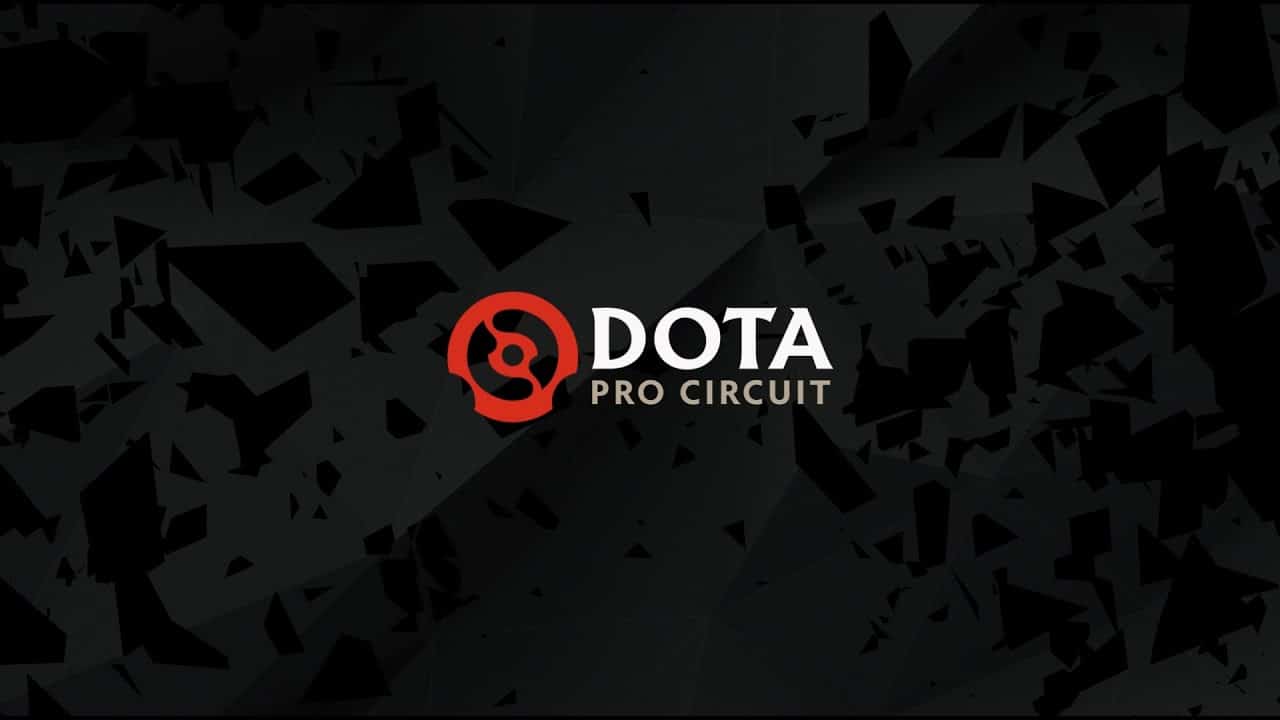
Valve has pulled the plug on the DPC. What does it mean for the future of the competitive Dota 2 scene?
The speculations circulating among the Dota 2 community have now been unequivocally confirmed, as Valve has officially declared the cancellation of the Dota Pro Circuit, also known as the DPC. Valve issued an official statement on September 14, announcing that the 2023 Dota Pro Circuit season would mark the end of the DPC era.
⚡️ NO MORE DPC in Dota 2https://t.co/tFYEYKu0q9 pic.twitter.com/cM3KWbJwgd
— Arseny Kuzminsky (@_koozya) September 14, 2023
Valve’s decision to conclude the DPC marks a significant turning point in the competitive Dota 2 landscape. Starting next year, The International will adopt a different approach to invite teams, departing from the DPC-based system that has been in place since 2017. This system initially comprised a combination of Minors and Majors and later transitioned into the Regional League structure in recent years.
Why did Valve Scrap The DPC?
Valve’s blog post offers an explanation for the organization’s decision to discontinue the DPC, contending that it was ultimately detrimental to the professional Dota 2 scene rather than beneficial.
It’s undeniable that Valve’s substantial prize pool injections into the regional leagues greatly supported professional players globally and provided fans with a wealth of Dota 2 content. As Valve and tournament organizers sought to reduce expenses this year, the quality of broadcasts plummeted significantly, resulting in a significant decline in DPC match viewership.
Viewership of TI 2022 Group Stage is down by almost 40% – /u/eSportsStats #dota2 https://t.co/dFLRlz4BJ9
— Reddit Dota 2 (@redditdota2) October 19, 2022
Valve also underscored the fact that their stringent guidelines for tournament organizers left little room for creative freedom. Moreover, with the DPC occupying a substantial part of the competitive calendar, there have been few external tournaments at the highest level in recent years. The optimistic outlook is that discontinuing the DPC will pave the way for the return of these tournaments and a resurgence of innovation within the scene.
The DPC drew criticism from many, including the Team Secret captain Clement “Puppey” Ivanov, an enduring presence in Dota 2 competitions dating back to the pre-2011 era. Puppey shared his perspective, characterizing the extended league structure as “meaningless” for Dota 2, while he warmly remembered the time of the five-Major system, a format that offered players, fans, and organizers a richer and more immersive Dota 2 experience.
What to Expect in the Post-DPC Era?
Valve has yet to unveil a clear-cut replacement for the DPC, leaving fans to ponder whether the ESL Pro Circuit might step into the spotlight. This year’s competitive Dota 2 landscape has already played host to several ESL tournaments, with the pinnacle being the Riyadh Masters, boasting an astonishing $15 million prize pool.
Several of the smaller tournament organizers, which had rewarded us with exciting Dota tournaments in the past, have either disappeared or restructured their operations. An illustrative case in point is Beyond The Summit, the creative mind behind the Dota Summits, which ceased its operations in February.
Moonduck Studios & Agency, the creative minds responsible for bringing us iconic events like Midas Mode and the inaugural Captain’s Draft tournaments, have remained dormant over the past four years.
The organizers at WePlay, known for their successful management of events such as the AniMajor and Bukovel Minor, were compelled to transition to a new studio-based model in Los Angeles due to the unfortunate invasion of Ukraine. Consequently, they have not hosted a Dota tournament in nearly two years.
The withdrawal of numerous tournament operators from the Dota scene in recent years has heightened the likelihood that the ESL FACEIT Group, backed by Saudi Arabia, could secure a near-monopoly in the realm of professional Dota.
Should Dota Fans be Concerned?
Regardless of its positive or negative aspects, the DPC served as a foundation for stability, especially benefiting Tier 2 facets of the competitive scene. Instead of rectifying the DPC’s most severe problems, Valve has chosen to scrap the system altogether, potentially leaving several regions and players in a state of ambiguity.
Before the DPC asserted its dominance, Dota 2 prospered through a vibrant landscape of independent tournaments. The demise of the DPC might herald a return to the game’s grassroots, although even respected community figures like Murielle “Kips” Huisman still harbor reservations about this transition.
I don’t know how to feel about this. As it was implemented the DPC was a slow, monotonous calender-hog. But killing it won’t return us to the glory days of Dota 2 unless Valve also returns to their old ways of supporting the community and the scene. https://t.co/YvxKVSO3p1
— Muriëlle “Kips” Huisman (@Kipspul) September 14, 2023
There is Room for Optimism
While the void left by Valve’s financial backing for global prize pools may prove difficult to fill and will have a substantial impact on some regions, there is anticipation for an improved viewing experience in 2024. This hope stems from the disappointment surrounding two out of the three majors this year, along with intermittent issues with broadcast quality in regional leagues.
With tournaments no longer dependent solely on Valve’s approval to secure DPC events and instead pitted against each other in competition, the pressure to innovate and entertain to attract viewers will be greater. This change is anticipated to yield more engaging and enjoyable tournaments for viewers.
Bringing back crowdfunding for independent tournaments might serve as a way for Valve to breathe new life into the competitive Dota scene. This approach not only elevated prize pools but also sustained the viability of unique events that were dedicated to keeping the Dota magic alive for fans.
- SEO Powered Content & PR Distribution. Get Amplified Today.
- PlatoData.Network Vertical Generative Ai. Empower Yourself. Access Here.
- PlatoAiStream. Web3 Intelligence. Knowledge Amplified. Access Here.
- PlatoESG. Automotive / EVs, Carbon, CleanTech, Energy, Environment, Solar, Waste Management. Access Here.
- PlatoHealth. Biotech and Clinical Trials Intelligence. Access Here.
- ChartPrime. Elevate your Trading Game with ChartPrime. Access Here.
- BlockOffsets. Modernizing Environmental Offset Ownership. Access Here.
- Source: https://estnn.com/valve-cancels-the-dpc/
- 14
- 19
- 2017
- 2022
- 2023
- 2024
- 500
- a
- About
- adopt
- Against
- Agency
- alive
- almost
- along
- already
- also
- Although
- altogether
- Ambiguity
- among
- an
- and
- angeles
- Announcing
- anticipated
- anticipation
- approach
- approval
- as
- aspects
- At
- attract
- back
- backed
- backing
- BE
- been
- behind
- being
- beneficial
- benefiting
- beyond
- Blog
- boasting
- BREATHE
- bringing
- broadcast
- but
- by
- Calendar
- Cancellation
- case
- change
- chosen
- Circuit
- circulating
- combination
- community
- compelled
- competition
- Competitions
- Competitive
- comprised
- conclude
- confirmed
- content
- could
- Creative
- criticism
- Crowdfunding
- Dating
- days
- decision
- declared
- dedicated
- dependent
- DID
- different
- difficult
- disappointment
- does
- dominance
- don
- DOTA
- Dota 2
- DOTA2
- down
- draft
- due
- each
- either
- end
- enduring
- engaging
- enjoyable
- entertain
- era
- ESL
- ESL FACEIT group
- especially
- even
- events
- Exciting
- expect
- expenses
- experience
- explanation
- External
- faceit
- fact
- fans
- February
- feel
- few
- figures
- financial
- For
- format
- Foundation
- four
- Freedom
- from
- future
- game
- Gaming
- Global
- globally
- grassroots
- greater
- Group
- guidelines
- had
- harbor
- has
- Have
- he
- highest
- his
- hope
- HOST
- hosted
- How
- How To
- HTTPS
- iconic
- immersive
- Impact
- implemented
- Improved
- in
- inaugural
- Independent
- initially
- innovate
- Innovation
- instead
- International
- into
- invite
- Is
- issued
- issues
- IT
- ITS
- jpg
- keeping
- know
- known
- landscape
- later
- League
- leagues
- leaving
- left
- Level
- Life
- like
- likelihood
- Little
- longer
- los
- Los Angeles
- Magic
- management
- many
- mark
- marks
- Match
- May
- mean
- might
- million
- mind
- minds
- minor
- minors
- mode
- model
- more
- Moreover
- most
- nearly
- negative
- New
- Next
- no
- not
- now
- numerous
- of
- offered
- Offers
- Officially
- Old
- on
- only
- Operations
- operators
- optimistic
- or
- organization.
- organizers
- Other
- out
- Outlook
- over
- part
- Past
- PAVE
- perspective
- Pinnacle
- pitted
- place
- plato
- plato data intelligence
- platodata
- platogaming
- played
- players
- plug
- Point
- pool
- Pools
- Positive
- post
- potentially
- presence
- pressure
- Pro
- problems
- professional
- prove
- provided
- quality
- rather
- realm
- recent
- reduce
- regional
- regions
- remained
- replacement
- respected
- responsible
- return
- returns
- rewarded
- Riyadh
- room
- s
- Saudi
- Saudi Arabia
- scene
- season
- Secret
- secure
- september
- serve
- several
- severe
- shared
- significant
- significantly
- since
- smaller
- solely
- some
- sought
- Spotlight
- Stability
- Stage
- Starting
- State
- stems
- step
- still
- structure
- substantial
- successful
- such
- Summit
- Summits
- Supported
- supporting
- surrounding
- system
- Team
- Team Secret
- teams
- than
- that
- The
- The Future
- The Game
- the international
- their
- there
- These
- they
- this
- three
- Through
- tier
- time
- to
- tournament
- Tournaments
- transition
- true
- turning
- two
- Ukraine
- ultimately
- undeniable
- unfortunate
- unique
- unveil
- us
- valve
- vibrant
- viewers
- viewing
- was
- way
- ways
- Wealth
- were
- What
- whether
- while
- will
- with
- withdrawal
- within
- won
- would
- year
- years
- yet
- Yield
- zephyrnet
